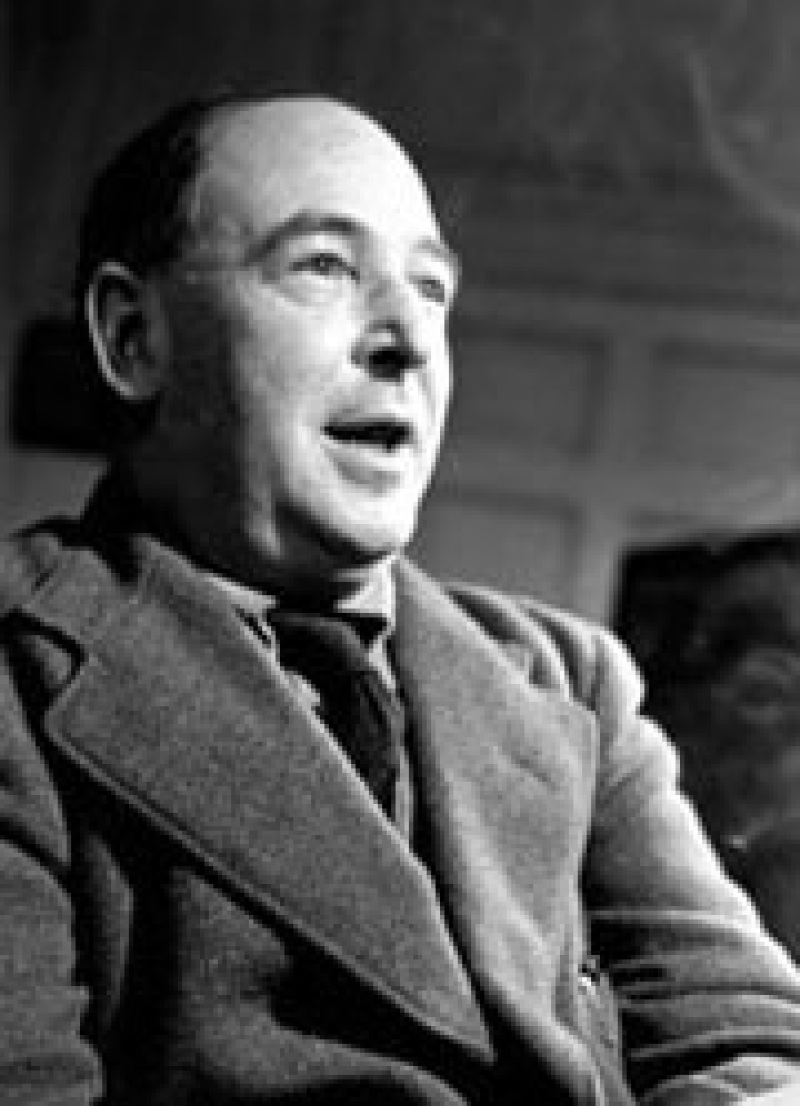
A new C.S. Lewis film detailing his emotional and intellectual journey from atheism to Christianity may be released later this year, according to producers.
The film entitled "The Most Reluctant Convert" revolves around the spiritual journey of the renowned author, which is set before the 1950 publication of one of Lewis' classic books "The Lion, the Witch and the Wardrobe," which is the first book in his Chronicles of Narnia series, CBN News wrote.
The film shows Lewis in 1950 as an Oxford Professor, who is looking back at his youth from 1908 to 1931 when he was slowly changing his views from atheism to Christianity. Losing his mother at a young age and the horror of the trenches during world war one all played a part in shaping his faith.
Lewis then wrote his powerful book "A Grief Observed" after losing his wife, Joy Davidman, to cancer in 1960 which shows his mourning process and how faith can survive it.
According to The Guardian, the upcoming film is directed by BAFTA-winner Norman Stone. It is a screen adaptation of a one-man play that showcased three stages of Lewis' life.
This is not th first time that Stone would work on something related to the author. He also directed "Shadowlands" in 1986, which was a heart-wrenching drama about the life and love of C.S. Lewis. In addition, he has also directed two dramatized documentaries on the Oxford Scholar and one of the most influential writers of the 20th century.
The C.S. Lewis biopic "The Most Reluctant Convert" was shot in and around Oxford University with the production wrapping last December, according to Deadline.
Stone told The Guardian that this is the perfect time to tell the story of Lewis' conversion as people may relate to Lewis in the bleak times of COVID-19.
"This horrific situation should stir people's own thinking and I believe it does," he said. "That's probably why Lewis is selling more books than ever. I think people will go for this film more now than they may have done 10 years ago."
"Lewis looked truth in the eye, no matter what effect that would have. That comes across in his writing and it's one of the key things that made him popular," Stone added. "At certain times, society says 'think a little deeper'. When you get something like Covid-19, then we should be thinking a bit more about things, and I think that's happening."
The rights for the film were licensed from the C.S. Lewis Company. Production is financed by the Fellowship for Performing Arts (FPA), a New York City-based faith company founded by actor Max McLean - the same actor who starred in the one-man play mentioned above. McLean also serves as the FPA's artistic director,
McLean mentioned to The Guardian that Lewis went from being a "vigorous debunker of religion to the most respected Christian writer apologist of the 20th century" and that the questions he explored are very complex.
"But the words that we use are Lewis's. We have the rights. That helps because we're not as smart as he is," he said. "One of the great things about playing this role is it's fun to be this smart for 90 minutes, to be able to say these words, and really embody them."




















